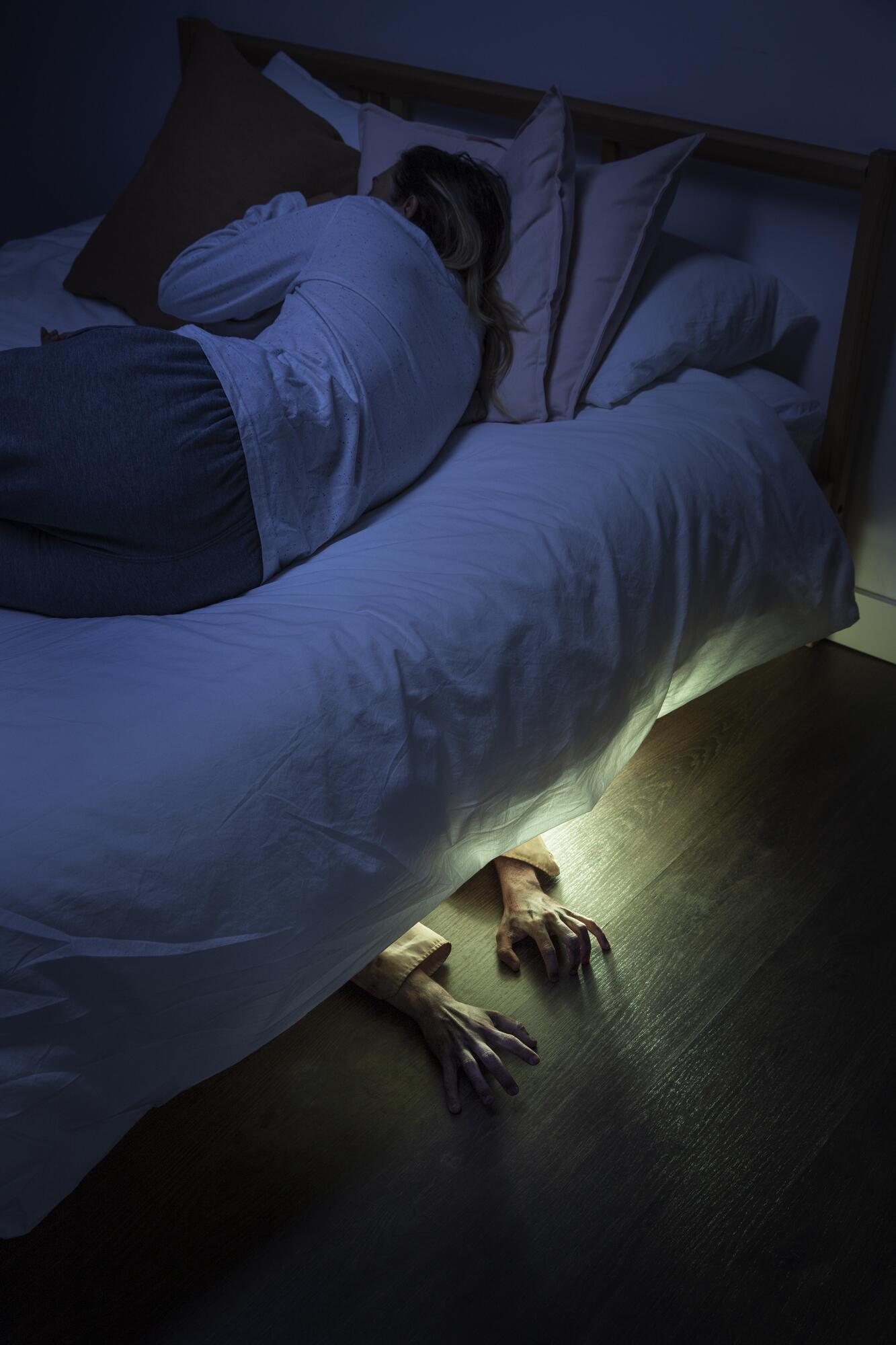News
Uncovering the secrets of nightmares: scientists have named two main psychological reasons behind disturbing dreams
Why do some people often have disturbing dreams while others do not? In a new study, scientists have found that there are specific psychological traits that affect your dreams - these are thin mental boundaries and a predisposition called nightmare proneness.
Frequent nightmares are closely linked to some mental health issues. Disturbing dreams are much more common in people with nervous system disorders, depression, and other mood-related conditions, which often reflects increased emotional stress and dysregulation, PsyPost writes.
However, disturbing nighttime dreams are common not only among those with mental health problems. Studies show that about 4% of people often suffer from nightmares, while about 40% say they have them sometimes.
"Nightmares are experienced, at least occasionally, by a relatively large number of individuals with and without mental health concerns. Yet, their causes remain mysterious. We have been attempting to understand what the key psychological dispositions are that seem to influence having nightmares," commented study author William Kelly, associate professor at the University of the Incarnate Word.
The study involved 116 psychology students from a university in the United States. Most of the participants were young adults, with an average age of 20.5 years. They were asked to complet an online survey that included several validated indicators related to nightmares and personality traits.
The researchers investigated the relationship between the frequency of disturbing dreams and four predispositions: neuroticism, nightmare proneness, thin psychological boundaries, and sensory processing sensitivity. After analyzing the data, they found that only the nightmare proneness and thin psychological boundaries were significant independent predictors of how often participants had nightmares.
Nightmare proneness includes psychological factors such as emotional instability, mood dysregulation, and heightened sensitivity to stress. Researchers have suggested that people with high nightmare proneness may experience a process called "concretization," in which unclear or abstract mental experiences take on more tangible forms, such as vivid and disturbing dream images. This makes them more likely to turn emotional struggles in real life into disturbing dreams. The study confirmed that nightmare proneness is distinct from other traits like neuroticism and thin boundaries, as it remained a significant predictor even when controlling for these factors.
Individuals with thinner boundaries, on the other hand, are characterized by a greater interconnectedness between their emotions, thoughts, and external stimuli. They may be more susceptible to experiencing disturbing images and emotions during sleep because they are less able to separate or filter these influences. This finding supports the idea that thinner boundaries create a psychological environment where negative mental content can more easily manifest as vivid and disturbing dreams.
Scientists hope to continue this work by investigating how these traits interact with other mental functions and discovering their effects on different populations. Ultimately, this line of research could help develop strategies to reduce the frequency of disturbing dreams and improve sleep quality for people prone to nightmares.
"We want to extend these findings and better understand how thinner mental boundaries and the broad nightmare proneness variables are connected to nightmares," Kelly said, adding, "These findings fit into a series of studies we have done to understand how mental functions and traits influence or allow the occurrence of nightmares among individuals who don’t necessarily have serious mental health concerns."
Only verified information is available on OBOZ.UA Telegram channel and Viber. Do not fall for fakes!





























